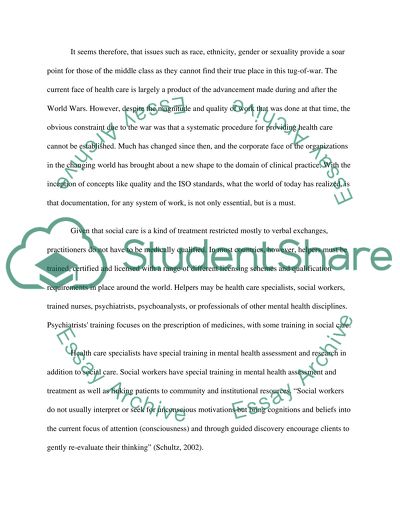Cite this document
(“Theoretical Frameworks of Our Knowledge and Understanding of Social Assignment”, n.d.)
Theoretical Frameworks of Our Knowledge and Understanding of Social Assignment. Retrieved from https://studentshare.org/social-science/1505196-social-problems-college-essay
Theoretical Frameworks of Our Knowledge and Understanding of Social Assignment. Retrieved from https://studentshare.org/social-science/1505196-social-problems-college-essay
(Theoretical Frameworks of Our Knowledge and Understanding of Social Assignment)
Theoretical Frameworks of Our Knowledge and Understanding of Social Assignment. https://studentshare.org/social-science/1505196-social-problems-college-essay.
Theoretical Frameworks of Our Knowledge and Understanding of Social Assignment. https://studentshare.org/social-science/1505196-social-problems-college-essay.
“Theoretical Frameworks of Our Knowledge and Understanding of Social Assignment”, n.d. https://studentshare.org/social-science/1505196-social-problems-college-essay.


